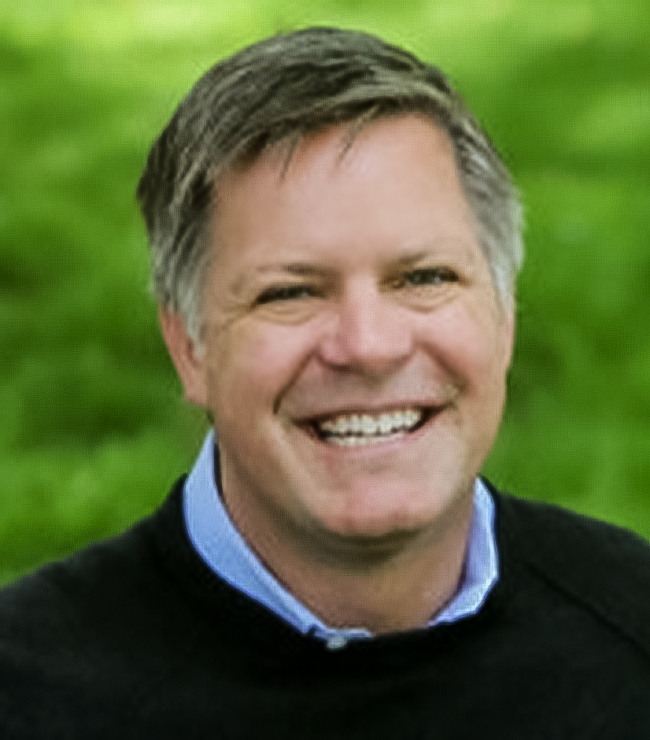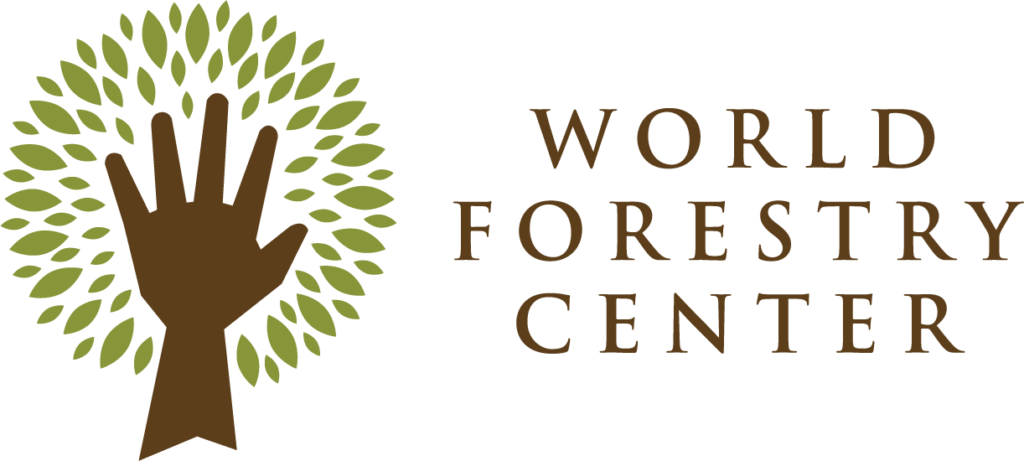Adapting to the Era of Megafires
A Community & Expert Summit on Catastrophic Wildfire in Oregon and Beyond
Wildfire ravaged much of the western United States in 2020.

These megafires also accelerated their climate effects, with carbon emissions from wildfires in the U.S. alone increasing 30% over the previous year.
The 2020 season was a record-breaking year in the West, continuing a 20-year trend that is only worsening.
But there is hope.
As wildfire impacts broaden, so has the coalition of parties seeking solutions. Small town mayors and tribal leaders, experts in public health and social justice, CEOs and scientists are speaking up.
In early 2021, World Forestry Center brought together representatives from this broadening coalition in a five-week virtual summit on catastrophic wildfire.

Matt Donegan
(Chair, Oregon Governor’s Wildfire Council)

Katrina Holland
(Executive Director, JOIN)

Charles Wilhoite
(Board Member, NW Natural)
The Facts About Wildfire
Episodes
Episode 1: Understanding the Era of Megafires and the Threat Ahead

Dr. Paul Hessburg
(US Forest Service)

Russ Hoeflich
(1,000 Friends of Oregon)

Dr. Werner Kurz
(Canadian Forest Service)
Episode 2: Protecting People: Creating Fire-Adapted Communities

Mayor Sally Russell
(City of Bend)

Oregon Rep. Pam Marsh
(D-Ashland)

Oregon Sen. Lynn Findley
(R-Vale)

Commissioner Mark Bennett
(Baker County, Oregon)
Episode 3: Protecting Forests: Building Resilient Landscapes

Dr. Chris Dunn
(Oregon State University)

Susan Jane Brown
(Western Environmental Law Center)

Nils Christoffersen
(Wallowa Resources)

Bobby Brunoe
(Confederated Tribes of the Warm Springs)
Episode 4: Protecting Firefighters: Responding Safely and Effectively to Wildfire

Mariana Ruiz-Temple
(Oregon State Fire Marshal)

Travis Medema
(Oregon State Fire Marshal)

Doug Grafe
(Oregon Department of Forestry)

Oregon Rep. Lily Morgan
(R-Grants Pass)
Episode 5 Part 1: Building a Movement and Implementing Solutions

Dean Takahashi
(Yale Carbon Containment Lab)

Dan Porter
(The Nature Conservancy)

Nils Christoffersen
(Wallowa Resources)

Joe Whitworth
(The Freshwater Trust)
Episode 5 Part 2: Building a Movement and Implementing Solutions

Governor Kate Brown
(Oregon)

U.S. Senator Jeff Merkley
(Oregon)

U.S. Senator Ron Wyden
(Oregon)

Oregon Sen. Lew Frederick
(D-Portland)
The event series is supported by the estate of William D. Hagenstein. Learn more about the legacy of Bill Hagenstein and World Forestry Center.
